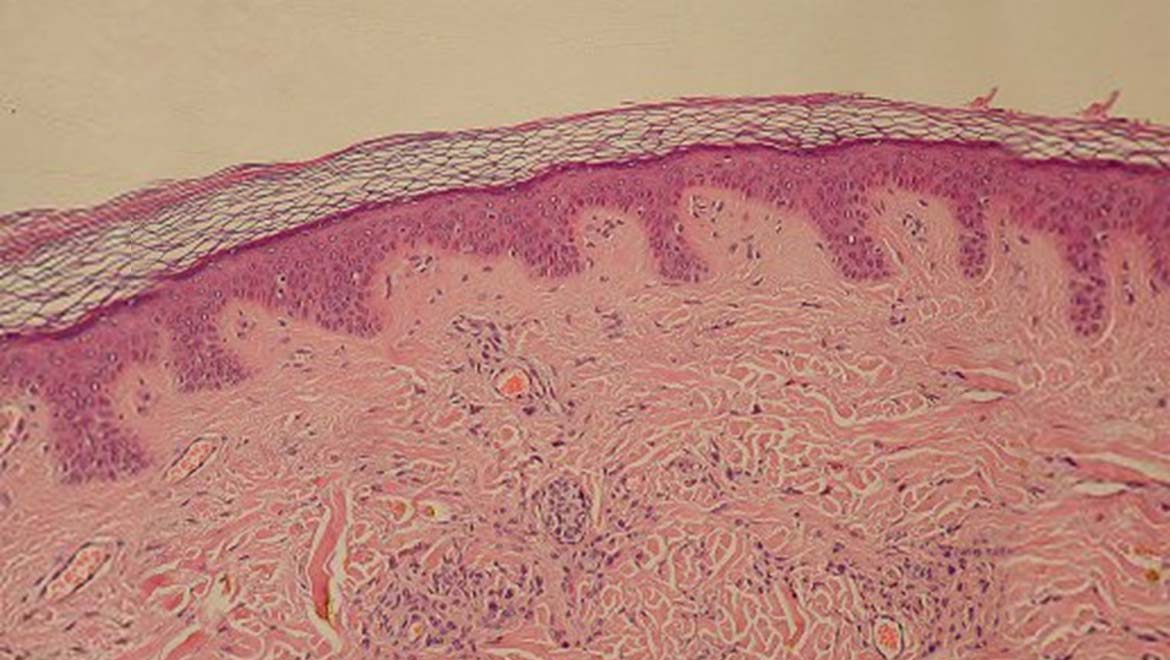The human body is a remarkable machine, intricately designed and perfectly balanced to function harmoniously. Among its many components, one organ stands out in size and significance: the liver. As the largest internal body organ, the liver plays a pivotal role in maintaining overall health and wellbeing. This remarkable organ is not just the biggest; it is also one of the most vital, performing over 500 functions that contribute to our survival. From detoxifying harmful substances to aiding in digestion and regulating metabolism, the liver is truly a powerhouse of activity within our bodies.
The liver's unique structure allows it to filter blood, produce essential proteins, and store vitamins and minerals. Its location in the upper right quadrant of the abdomen makes it easily accessible for medical examination and imaging, providing valuable insights into a person’s health. Furthermore, understanding the liver's functions and the implications of liver diseases can empower individuals to take charge of their health and make informed lifestyle choices.
In this article, we will explore the astonishing world of the liver, addressing common questions about its anatomy, functions, and potential health issues. By gaining a deeper understanding of the largest internal body organ, we can appreciate its importance and learn how to protect it for a healthier future.
What is the Structure of the Largest Internal Body Organ?
The liver is a large, reddish-brown organ located beneath the rib cage on the right side of the body. Weighing approximately three pounds, it is divided into two main lobes, each consisting of thousands of smaller units called lobules. These lobules contain specialized cells known as hepatocytes, which are responsible for performing many of the liver's critical functions. The liver is also richly supplied with blood from two major sources: the hepatic artery and the portal vein, allowing it to efficiently process nutrients and filter toxins.
What Functions Does the Liver Perform?
The liver is often referred to as the body's "chemical factory" due to its extensive range of functions. Some of the most important roles of the largest internal body organ include:
- Detoxification: The liver filters harmful substances from the blood, including drugs, alcohol, and metabolic waste products.
- Protein Synthesis: It produces essential proteins, such as albumin and clotting factors, which are vital for maintaining blood volume and preventing excessive bleeding.
- Bile Production: The liver generates bile, a substance necessary for fat digestion and absorption in the intestines.
- Metabolism Regulation: It regulates the storage and release of glucose, fats, and vitamins, helping to maintain energy balance.
Why is Liver Health Important?
Maintaining liver health is crucial for overall wellbeing. A healthy liver supports metabolic functions, promotes detoxification, and ensures proper digestion. Conversely, liver diseases such as hepatitis, cirrhosis, and fatty liver disease can lead to severe health complications. Therefore, it is essential to adopt a healthy lifestyle that includes:
- Regular exercise
- A balanced diet rich in fruits, vegetables, and whole grains
- Avoiding excessive alcohol consumption
- Staying hydrated
What are the Common Liver Diseases?
As the largest internal body organ, the liver is susceptible to various diseases that can hinder its functionality. Some common liver diseases include:
- Hepatitis: Inflammation of the liver, often caused by viral infections.
- Cirrhosis: Scarring of the liver tissue due to prolonged damage, leading to liver failure.
- Fatty Liver Disease: Accumulation of fat in liver cells, which can result from obesity, diabetes, or excessive alcohol consumption.
- Liver Cancer: Malignant growths that can develop in the liver, often as a result of chronic liver disease.
How Can You Recognize Liver Problems?
Identifying liver issues early can significantly improve treatment outcomes. Some common signs and symptoms of liver problems include:
- Fatigue and weakness
- Jaundice (yellowing of the skin and eyes)
- Abdominal pain or swelling
- Dark urine or pale stools
- Itchy skin
What Diagnostic Tests Are Used for Liver Assessment?
Healthcare providers utilize various diagnostic tests to assess liver health and function. Some common tests include:
- Blood Tests: Liver function tests measure enzyme levels and other substances in the blood to evaluate liver health.
- Imaging Studies: Ultrasounds, CT scans, and MRIs provide visual insights into the liver's structure and detect abnormalities.
- Liver Biopsy: A procedure in which a small tissue sample is taken from the liver for laboratory analysis.
How Can You Support Your Liver Health?
Supporting the largest internal body organ involves adopting healthy habits and making informed lifestyle choices. Here are some tips to promote liver health:
- Eat a balanced diet rich in antioxidants and fiber.
- Limit processed foods, sugars, and unhealthy fats.
- Exercise regularly to maintain a healthy weight.
- Stay hydrated and avoid excessive alcohol consumption.
- Get vaccinated against hepatitis and practice safe behaviors to prevent infections.
What Lifestyle Changes Can Benefit Liver Function?
Making positive lifestyle changes can significantly impact liver function and overall health. Consider implementing the following changes:
- Quit Smoking: Smoking contributes to liver damage and increases the risk of liver disease.
- Manage Stress: Chronic stress can negatively affect liver health. Engage in relaxation techniques such as yoga or meditation.
- Prioritize Sleep: Aiming for 7-9 hours of quality sleep each night supports metabolic processes, including those in the liver.
Conclusion: The Liver's Role in Our Health
In conclusion, the liver is the largest internal body organ, playing a fundamental role in maintaining our health and wellbeing. Understanding its structure and functions is essential for recognizing the importance of liver health. By adopting a healthy lifestyle and being aware of potential liver diseases, we can take proactive steps to support our largest internal body organ and enhance our overall quality of life.
Understanding Spark Executor Instances: A Deep Dive
Understanding Mixed Urogenital Flora On Urine Culture
Understanding The Issue: TV Keeps Turning On And Off Toshiba


